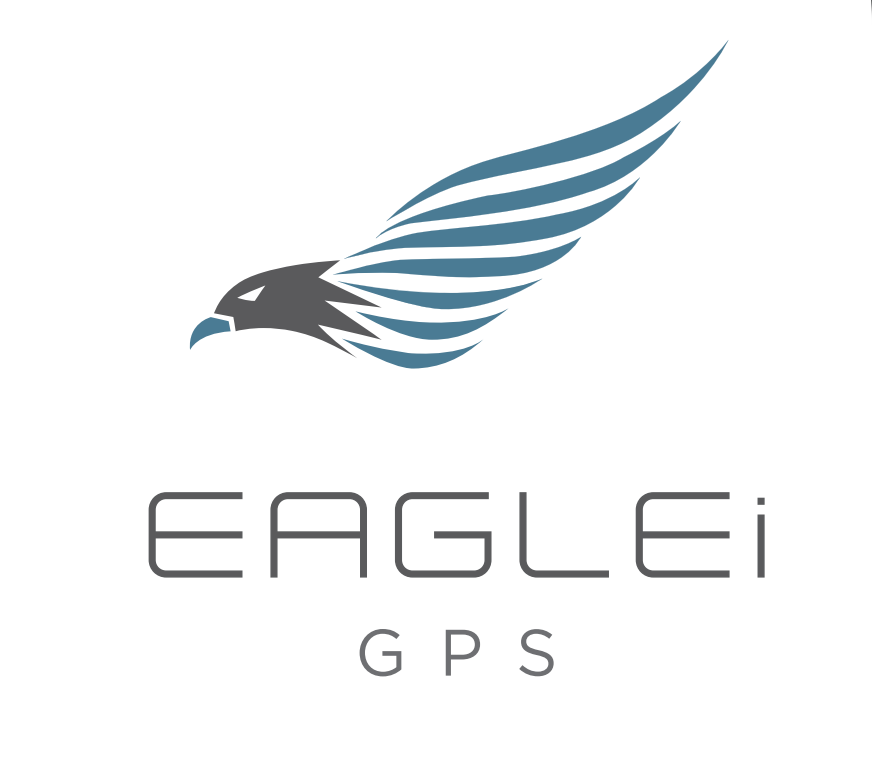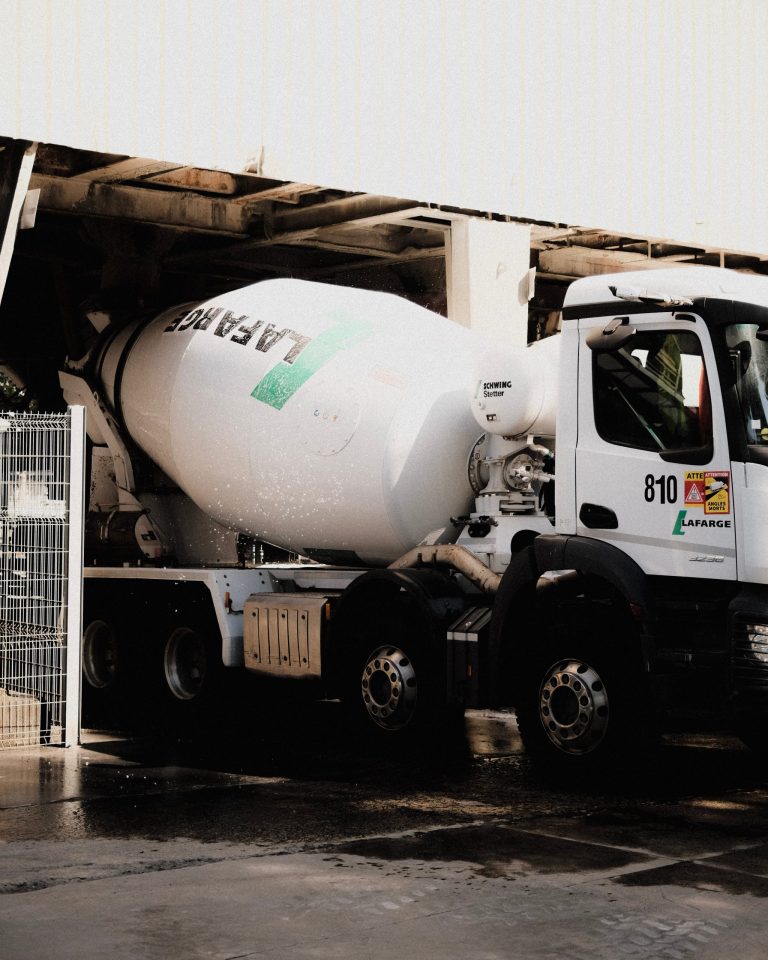Integrating GPS Trailer Tracking with ERP Systems
In the dynamic world of logistics and fleet management, the integration of GPS trailer tracking with Enterprise Resource Planning (ERP) systems represents a significant stride in operational efficiency and data management. This blog post discusses the benefits, processes, and key considerations of integrating GPS trailer tracking systems with ERP software.
The Advantages of Integration
Enhanced Operational Visibility
- Unified Data Hub: Combining GPS tracking data with ERP systems provides a comprehensive overview of both logistical and business operations.
- Informed Decision-Making: Access to real-time location data alongside financial and operational information leads to more informed strategic decisions.
Streamlined Business Processes
- Automated Workflows: Integration can automate processes like billing, inventory management, and maintenance scheduling, directly based on GPS data.
- Improved Resource Allocation: Real-time tracking data can optimize asset utilization, impacting resource allocation and financial planning.
The Integration Process
Assessing Compatibility
- System Compatibility: Ensure that the GPS tracking solution is compatible with the existing ERP system.
- Vendor Collaboration: Work closely with both GPS and ERP vendors to understand the scope and limitations of integration.
Implementing the Integration
- Data Integration: Establish a seamless flow of data between the GPS tracking system and the ERP software.
- Customization and Testing: Tailor the integration to meet specific business needs and conduct thorough testing to ensure smooth operation.
Training and Support
- Staff Training: Educate employees on the new integrated system to maximize its usage.
- Ongoing Support: Ensure ongoing support from vendors for any challenges or updates post-integration.
Key Considerations for Integration
- Data Security and Privacy: Ensure that the integration adheres to data security and privacy standards.
- Scalability: The integrated system should be scalable to adapt to business growth and changing needs.
- Costs and ROI: Evaluate the costs involved in integration against the potential return on investment.
ERP Systems and GPS Tracking: A Powerful Combination
ERP systems, known for their ability to manage and streamline various business processes, can become even more powerful when integrated with GPS trailer tracking:
- Inventory Management: Real-time tracking data can significantly enhance inventory management, linking location data with stock levels.
- Financial Management: Incorporate transportation costs and logistics data directly into financial modules for accurate budgeting and cost analysis.
Conclusion
Integrating GPS trailer tracking systems with ERP software is a strategic move that can transform business operations. This synergy not only brings about operational efficiency but also offers a more holistic view of the company’s performance. By carefully implementing and maintaining this integration, businesses can leverage technology to stay ahead in the competitive world of logistics and transportation.
FAQs
- What challenges might a business face during integration? EAGLEi GPS development team has many years experience and integrations are seamless.
- Can integrating GPS tracking with ERP systems help in compliance management? Yes, integration can aid in compliance management by providing accurate and timely data for regulatory reporting.
- How does this integration impact customer service? Improved operational efficiency and data accuracy can lead to faster delivery times and better customer service.







